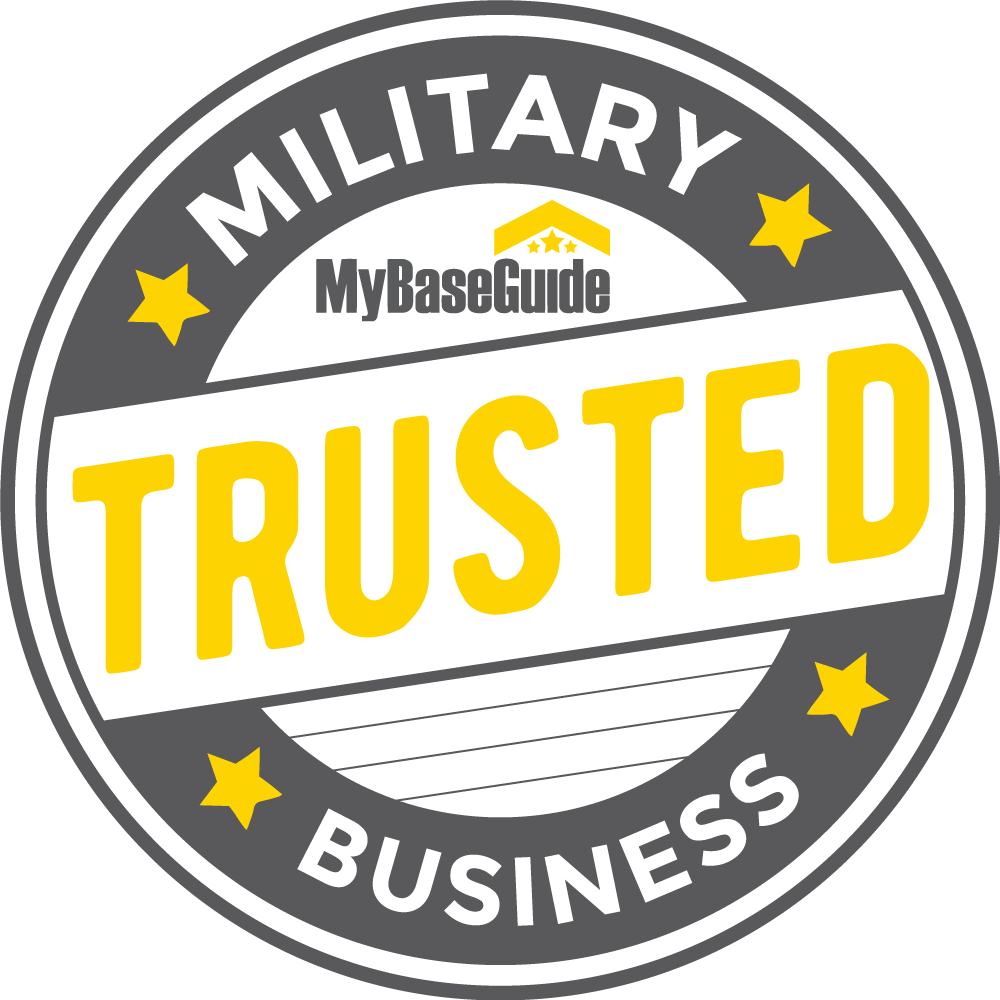
What is the difference between TMS therapy and Accelerated TMS, both available at the TMS Institute of Arizona? Both deliver magnetic pulses to externally stimulate key areas of the brain. Neither option requires medication (though both can complement pharmaceutical treatments). They can both help with depression, OCD, and can be effective as an off-label treatment for other conditions such as tremors, anxiety, and insomnia, but there are key differences. TMS therapy is FDA approved to treat depression, OCD, bipolar depression, and to help with smoking cessation. It boasts a high success rate of 68 percent with in-office appointments that are quick with no downtime. Anesthesia is not needed, there are no systemic side effects, and it is safe for all patients including children as young as 12 years old. Long-term results have been regularly reported with TMS therapy. In fact, 90 percent of patients report a minimum of 24 months of relief.
Even though TMS therapy is relatively quick, requiring one session daily for 6 – 7 weeks, some patients are looking for even quicker results. That’s where Accelerated TMS comes into play. It is the same treatment but with a more condensed timeline. With accelerated TMS, patients receive 5 – 10 daily treatments for just 1 – 2 weeks. The exact number of treatments per day will depend on various factors and be customized just for you. Our clinic was one of the first in the region to offer this accelerated program in 2022. In our office, there has been an 80 – 85 percent remission rate when Accelerated TMS is used for treating depression, which is slightly better than even standard TMS therapy. A Stanford study found that most patients begin to see improvement in depression within less than three days of starting their treatment.
Insurance coverage is an important factor for many patients. TMS Therapy is typically covered by most insurance plans, but Accelerated TMS is not. To find out if TMS Therapy is covered by your policy, contact your provider.
MeRT Therapy Option
MeRT is a more specific kind of TMS therapy. It has been used successfully to treat a myriad of conditions such as PTSD, anxiety, depression, sleep disorders, TBI (such as from sports injuries), and has been especially effective in helping with Autism Spectrum Disorder. Magnetic Resonance Therapy (MeRT) is a carefully customized means of using TMS and requires complex diagnostics. Technically, MeRT is a type of TMS therapy and has all the same benefits as TMS and Accelerated TMS, including no medications, anesthesia, or downtime.
Those who are a good match for MeRT will need to undergo a quantitative electroencephalogram (q-EEG), which will allow their provider to find dysfunctional patterns inside the brain. This process takes just 10 minutes. Some of these patterns may be reflective of brain injuries, behavioral disorders, and emotional disorders. This is the “q” part of the process, which is then followed by an electrocardiogram to pinpoint your heart rate, and both studies are used to see how the two (brain and heart) are working together.
A q-EEG lets your provider create a guideline map for a treatment plan that is wholly individualized. Your report is compared to 30,000 other brainwave recordings, allowing for a vast comparison map. When compared to tens of thousands of others, your provider can find differences in your brainwaves that may be creating or exacerbating concerns. Finally, there is individualized brainwave stimulation based on a protocol designed just for you. With MeRT therapy, 30 – 35 minute sessions typically occur five days per week for 4 – 6 weeks. Equipment used during MeRT therapy is all FDA approved. There are four one-of-a-kind indications available for MeRT but, like Accelerated TMS, it is not covered by insurance.
Designing Your TMS Therapy
Which of these three therapies is right for you or your child? Find out during a consultation with one of our TMS expert providers. If you or your child are struggling with depression, anxiety, sleep issues, PTSD, TBI, or various behavioral issues, there is an alternative to medication and invasive therapies. TMS is a tested and proven method that is quick, easy, and fits into the busiest schedules. Contact us today for more information or to schedule your consultation. Call the clinic during office hours or, for a faster method, complete the online form right now.













